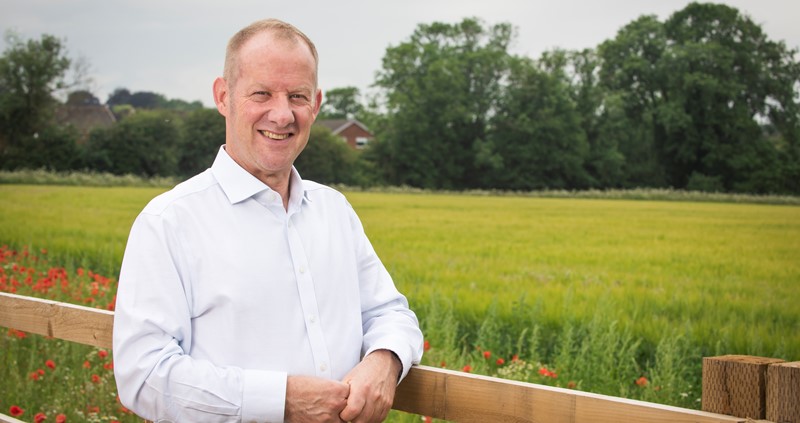Clarkson’s Farm on Amazon Prime has succeeded in hooking a new urban audience into the issues of 21st century farming. Jeremy Clarkson’s attempts to make his 1,000-acre Cotswolds farm into a viable business have thrown a spotlight on many rural issues – and not least planning.
Need to diversify
A farmer’s need to diversify their business to generate income in very trying times sometimes meets council planning rules head on. Government recently vowed to cut red tape around these types of decisions, but the best way to avoid unnecessary cost and conflict would be to involve a consultant from day one.
National planning policy (contained in the National Planning Policy Framework or NPPF) seeks to support a prosperous rural economy. It indicates that planning policies and decisions should enable the development and diversification of agricultural and other land-based rural businesses.
The framework also promotes the sustainable growth and expansion of all types of business in rural areas, both through conversion of existing buildings and well-designed new buildings. Most councils have policies in their local plans that similarly support rural diversification.
Presenting proposals
Jeremy Clarkson’s farm shop and restaurant are examples of rural diversification. Clarkson’s Farm highlights the issues that may arise if proposals are not presented in an orderly fashion and address how the issues (traffic, parking, harm to living conditions) arising from the proposal can be mitigated, for example by design and layout or through planning conditions (for example, hours of operation, etc).
While the planning system allows for planning applications to be made retrospectively, Clarkson’s Farm demonstrated the difficulty in terms of cost, delay and bad publicity associated with having to apply for permission retrospectively.
Consulting an expert
The planning system is overwhelmed with applications; it is important that applications are presented in a clear and understandable form to make it easy for the planning officer to understand and difficult to refuse.
Engaging a planning consultant such as CT Planning at an early stage is essential in any planning proposal, and in particular as part of a scheme for rural diversification.
- A planning consultant will consider whether there are any land use constraints or protected designations – such as green belt, AONB, heritage or flood risk – that may limit the development that can be undertaken.
- A planning consultant can suggest the most appropriate strategy for realising a proposal – be it a planning application, lawful development certificate or prior notification.
- A planning consultant will also be able to emphasise the benefits that a proposal will bring to the area in terms of rural diversification, such as creating additional employment, support to local services, spending within the local economy and sustainability by making good use of existing resources.
While the government has introduced a range of permitted development classes (eg Class Q or R) in an effort to simplify and speed up the planning system, it is frequently difficult or impossible to meet the very specific requirements of permitted development.
It may be more prudent to simply apply for planning permission; a planning application allows greater flexibility to work alongside planning officers, looking at how conditions could be used to allay the concerns that the officers may have.
Easing restrictions
At the Food Summit in May, Prime Minister Rishi Sunak announced that government wants to ease the restrictions that hamper agricultural development. While it is encouraging that government has recognised that this is a problem, this is just a consultation and it will be months before we see any actual changes.
Jeremy Clarkson should be applauded for his attempts to engage with residents, even if they gave him a difficult time. Engaging with your neighbours and discussing ways that their concerns can be addressed can speed up the process and improve your prospect of success.

